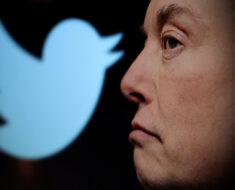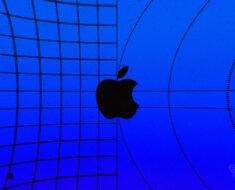One reason why United States President Donald Trump enacted the trade war between China and the United States is because China has long been criticized for requiring foreign businesses, especially those from the United States, to fork over their intellectual property before doing business with them. Businesses around the world are drawn to do business with China because its manufacturers offer businesses high-quality goods at a much lower price than anywhere else in the world, as well as because there are so many consumers in China to sell goods and services to.
Last year, the United States federal government accused Chinese telecom manufacturing giant Huawei of being responsible of sharing countless bits of classified, important information with government officials among the People’s Republic of China’s ranks. In order to stop this from happening, the U.S. Department of Commerce placed Huawei on its Restricted Entity List, which effectively made it illegal for any domestic businesses to engage in commerce with Huawei without prior approval from the federal government.
Although Huawei hasn’t yet been forced out of the United States, as the Department of Commerce has allowed businesses that rely on Huawei several months to make permanent changes to their business structures in which they don’t rely on Huawei, Huawei will soon enough be effectively forced out of the American marketplace.
As such, Huawei hasn’t been happy with the United States since 2018.
Last week, The Wall Street Journal shared a story that the U.S. Department of Justice had been looking into the alleged theft of patents related to smartphone cameras by Huawei. The patents belonged to Rui Pedro Oliveira, an inventor based in Portugal, who also made such allegations.
Huawei spoke out against the accusations on Tuesday, Sept. 3, 2019, in an official statement, claiming that the allegations were entirely false and had no legal basis. According to bgr.com, the company’s spokespeople also alleged that Rui Pedro Oliveira was simply “taking advantage of the current geopolitical situation,” referring to the ongoing tensions between the United States and China, as well as China’s Huawei Technologies.
Huawei also came out in the same statement with allegations that the United States federal government had tried to get its own employees to turn against the Chinese telecom equipment manufacturer and work for the U.S. government. The company also claimed that U.S. law enforcement agencies had broken the law in trying to find Huawei guilty of various crimes.
Dil Bole Oberoi





